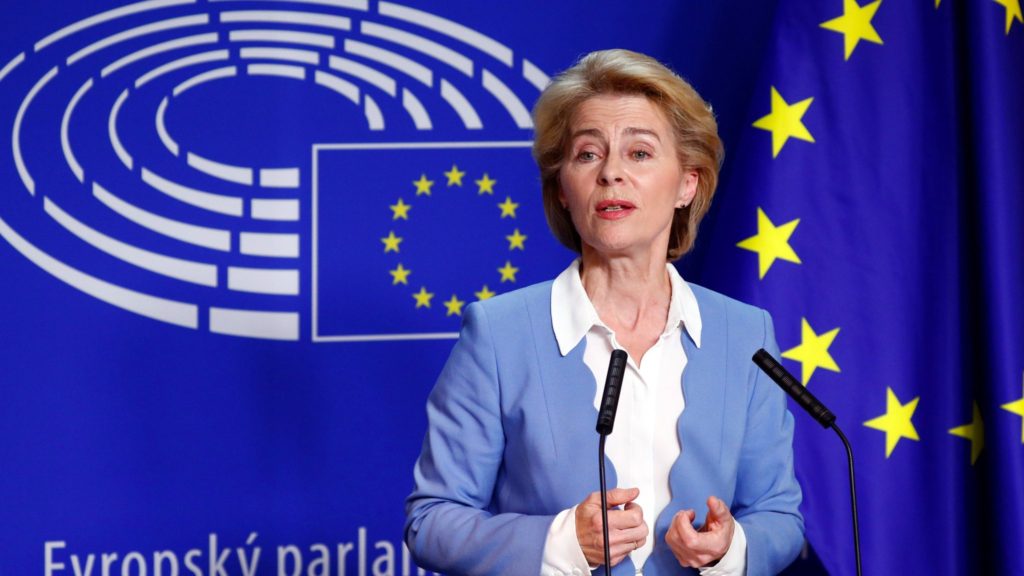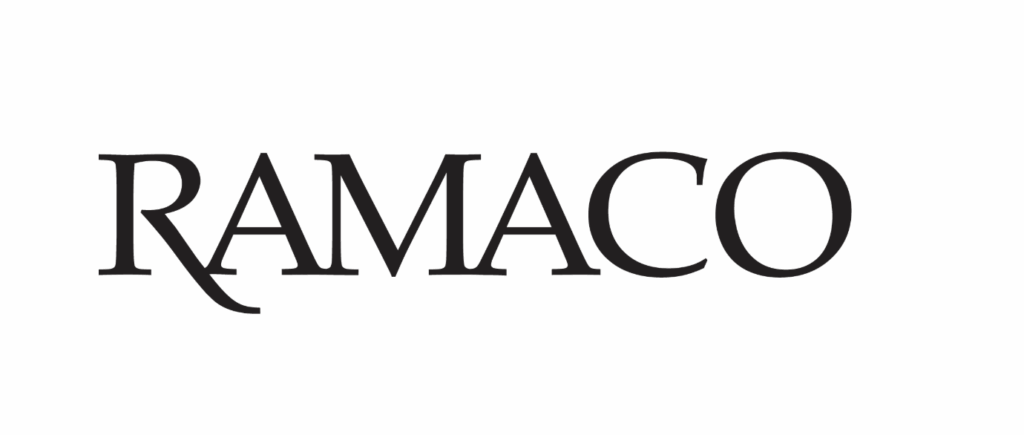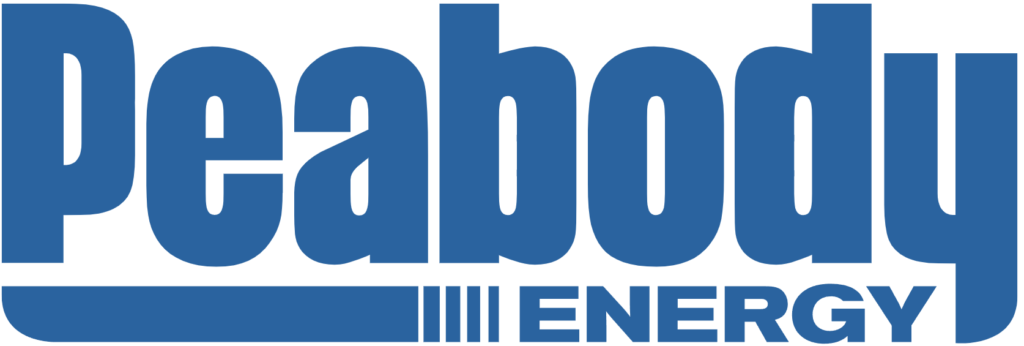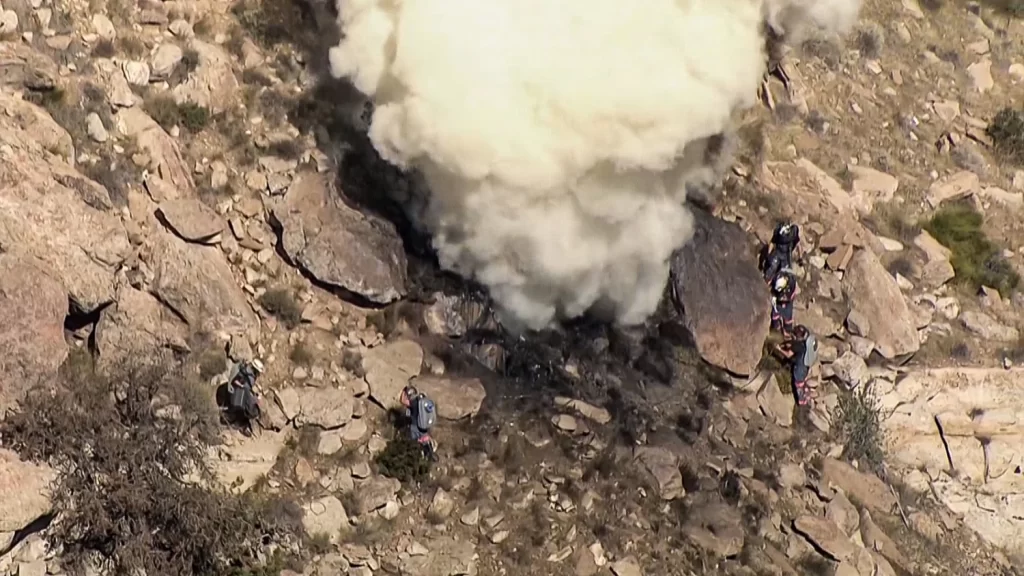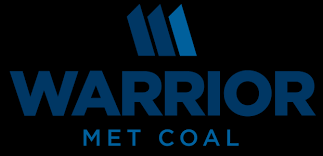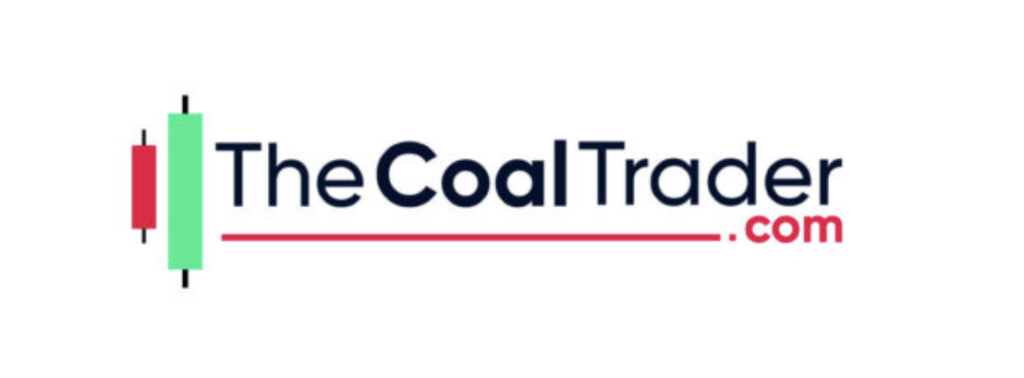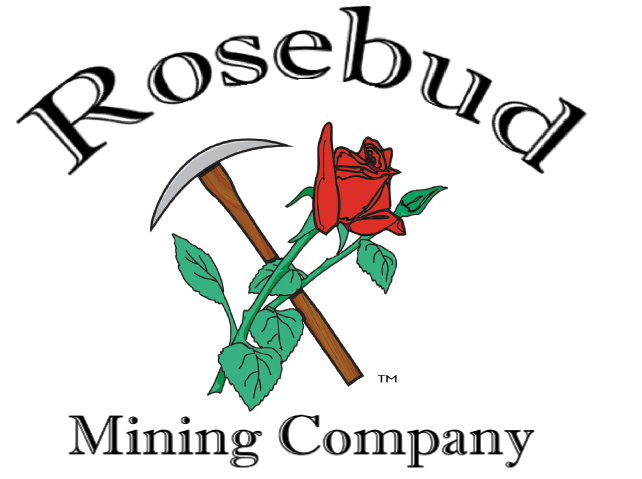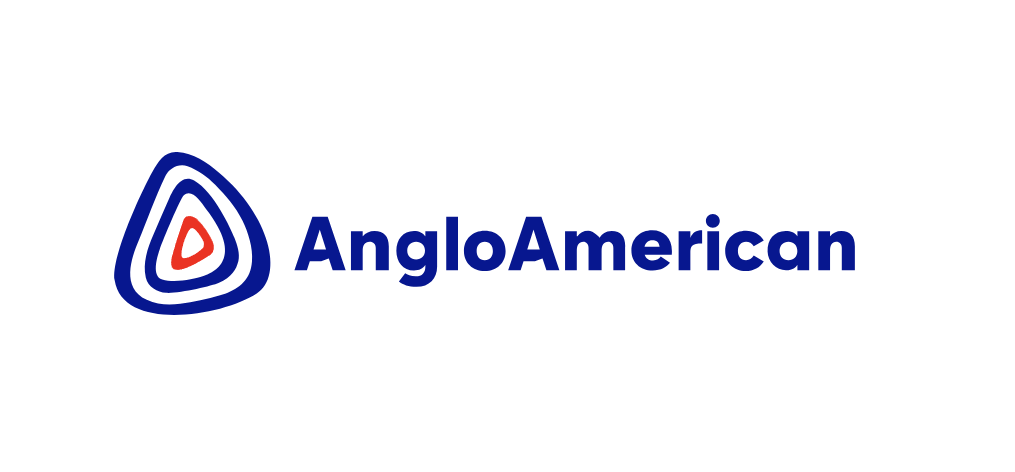The European steel industry is calling for immediate action from the European Union (EU) to address an escalating crisis that is being described as the most severe since 2009. Several major steel producers, including Aperam, Riva, Arvedi, ArcelorMittal, and the steel industry association Eurofer, have sent a letter to the European Parliament, urging the EU to implement a comprehensive strategy to tackle global overcapacity, high energy costs, and unfair trade practices, which are compounding an already weak domestic demand for steel.
Key Challenges Facing the Industry
The steelmakers argue that the current crisis stems from a combination of structural and external factors. Global overcapacity has long plagued the steel market, with surplus production putting downward pressure on prices. Compounding the issue are skyrocketing energy prices, which have increased operational costs for European steelmakers, and trade imbalances that expose the EU market to cheap imports from countries with less stringent environmental and labor regulations. These challenges have exacerbated the weak demand for steel within Europe, leaving producers struggling to maintain profitability.
In their letter, the steel companies highlight the urgency of the situation, pointing to recent data that underscores the severity of the crisis. Since 2008, steel production in the EU has fallen by 30%, with total output in 2023 reaching just 126 million tonnes. Over the past 15 years, the industry has shed nearly 100,000 jobs as restructuring and capacity reductions have taken their toll. Capacity utilization rates in the EU have now dropped to critically low levels, hovering around 60%, raising concerns about the long-term viability of many operations.
Steelmakers’ Proposed Solutions
In response to these challenges, the letter calls for a set of targeted actions that could help stabilize the industry. The steelmakers propose enhancing the EU’s Trade Defence Instruments, particularly by replacing the current system with more robust tariffs to protect the domestic market from unfair competition. They also advocate for improving the Carbon Border Adjustment Mechanism (CBAM) to prevent circumvention by non-EU producers, and for policies that would reduce energy costs for European steelmakers.
Another priority outlined in the letter is retaining steel scrap within the EU, rather than exporting it to regions where it may be used in less environmentally friendly production processes. The steelmakers also urge the EU to create “lead markets” to drive demand for green steel, which is produced with lower carbon emissions. They emphasize that promoting green steel could help Europe take the lead in the global transition to more sustainable industrial practices.
“A Steel Action Plan, as part of the Clean Industrial Deal, must include both emergency measures and a structural solution to the disastrous impact of global overcapacity and unfair trade on the EU steel market,” the letter explains.
Global Overcapacity: A Growing Threat
The issue of global steel overcapacity remains a pressing concern for European producers. The letter references recent findings from the Global Forum on Steel Excess Capacity (GFSEC), which confirmed that global steel overcapacity reached 551 million tonnes in 2023. This excess is expected to grow, with an additional 157 million tonnes of capacity projected to come online by 2026, much of it using carbon-intensive conventional steelmaking technology. This trend poses a significant threat to the EU’s ability to compete on a global scale, particularly as it seeks to meet its climate goals and transition toward cleaner industrial processes.
The steelmakers warn that allowing global overcapacity to persist without intervention would further weaken the EU’s competitiveness and undermine its resilience and strategic autonomy. They argue that immediate action is needed to prevent further deterioration in the industry and to support a transition to greener, more sustainable steel production.
EU Council Discussions
The steel industry’s concerns are now in the hands of European policymakers. The letter calls on the European Council to address these priorities during their ongoing meetings on 17 and 18 October 2024. Industry leaders are hoping for swift and decisive action from EU leaders to implement the necessary measures that will safeguard the future of Europe’s steel sector.
With the crisis deepening, the steelmakers’ appeal for EU support is clear: without intervention, the industry could face further declines in production, capacity, and employment, weakening the EU’s strategic autonomy in a critical sector.

